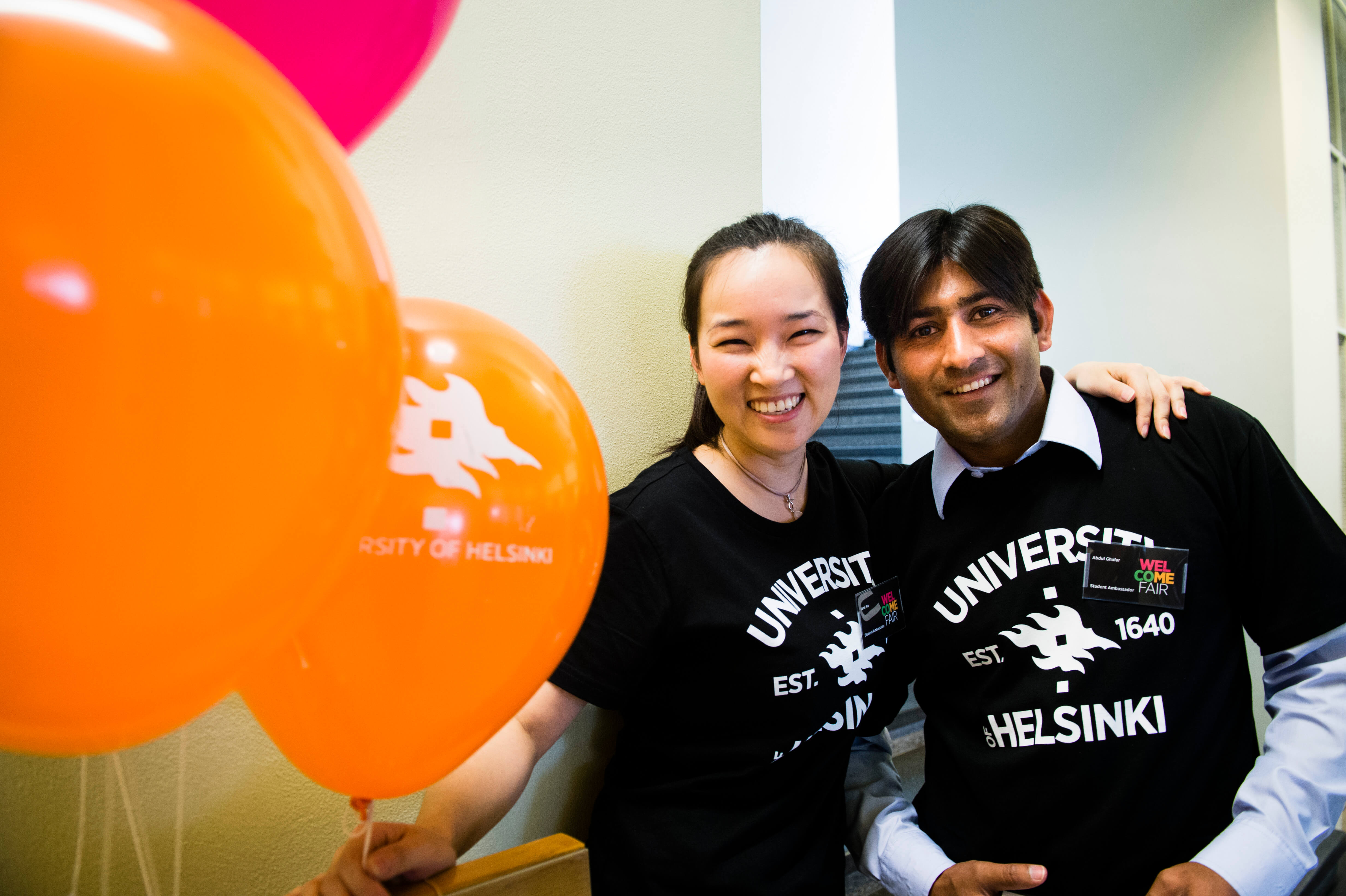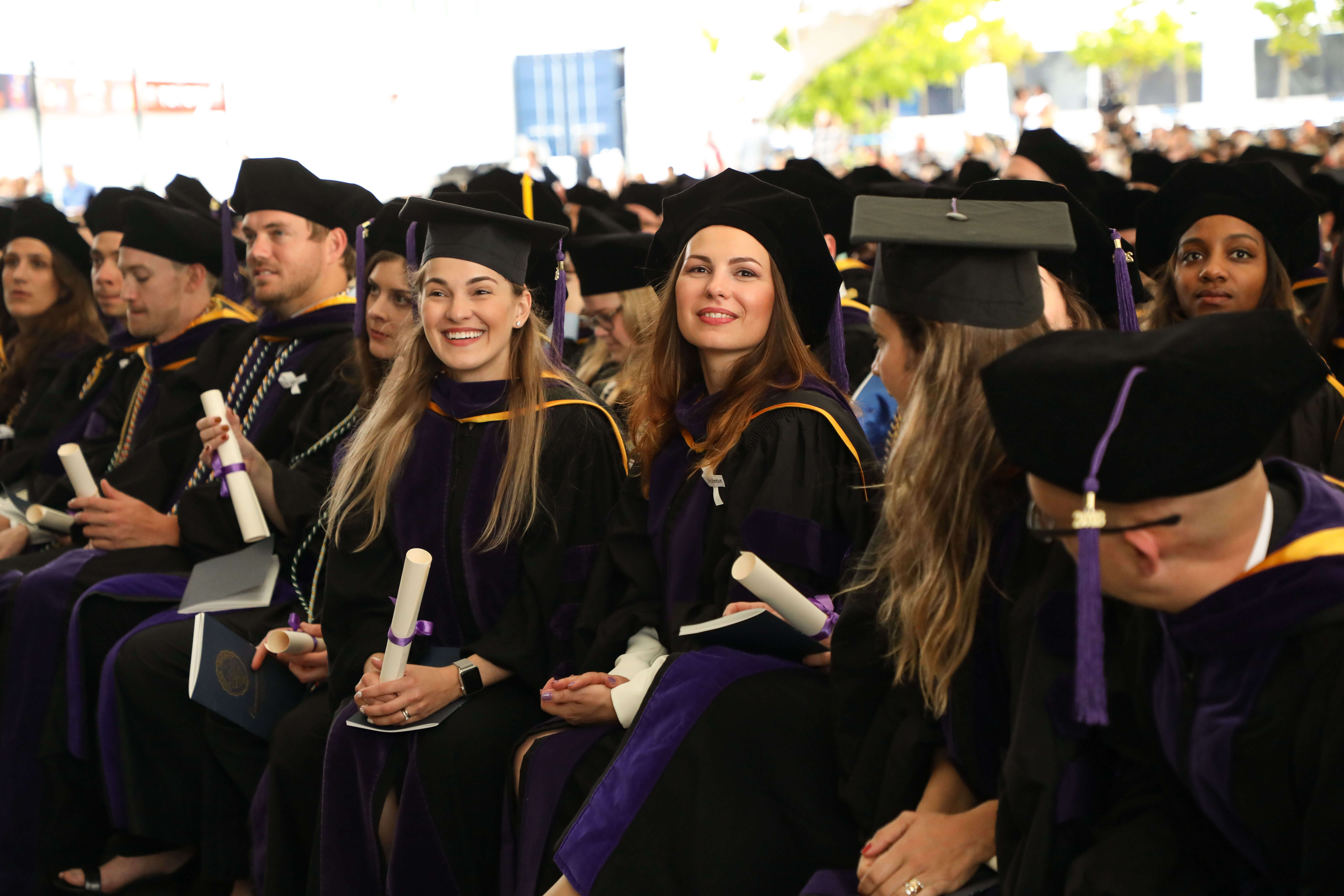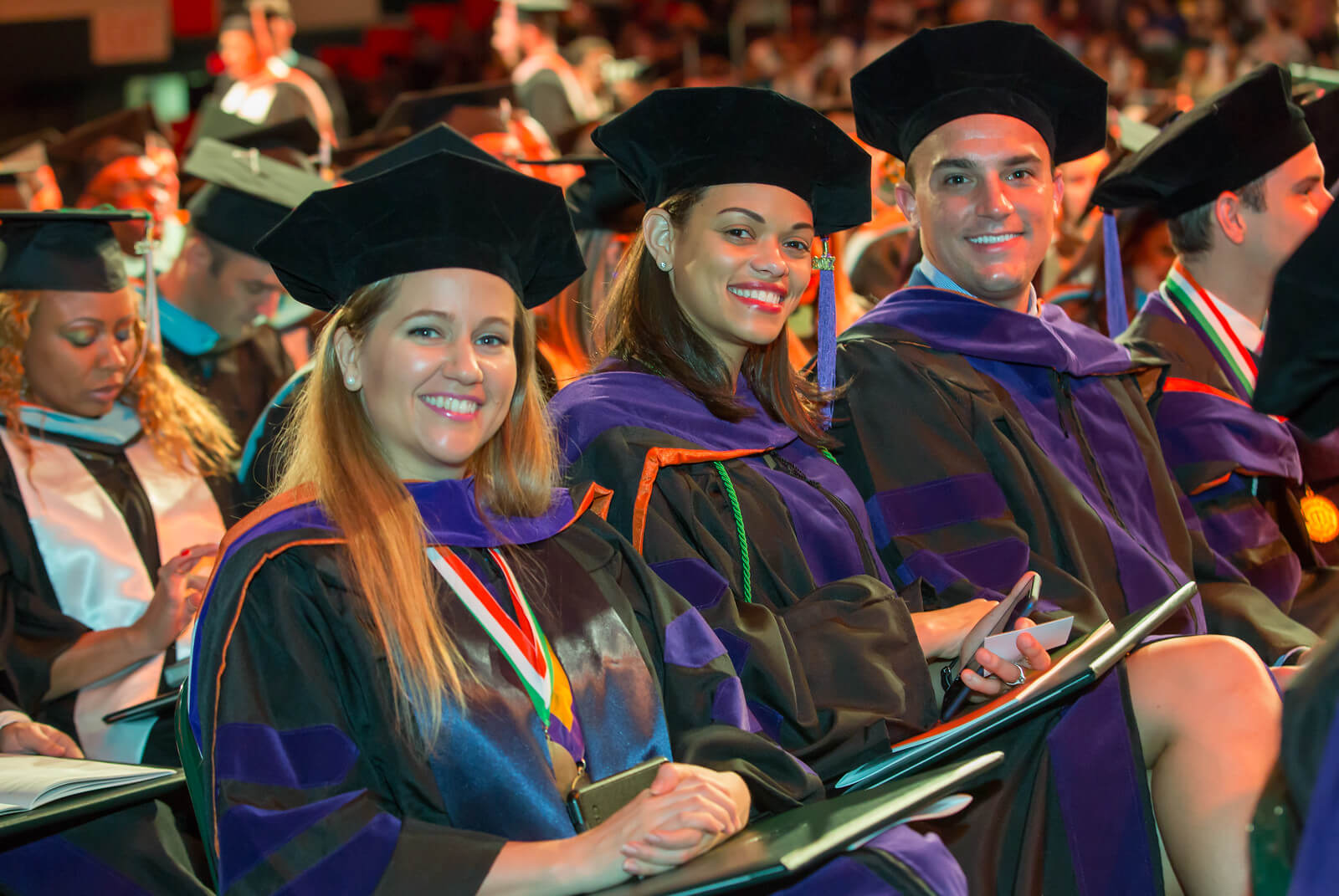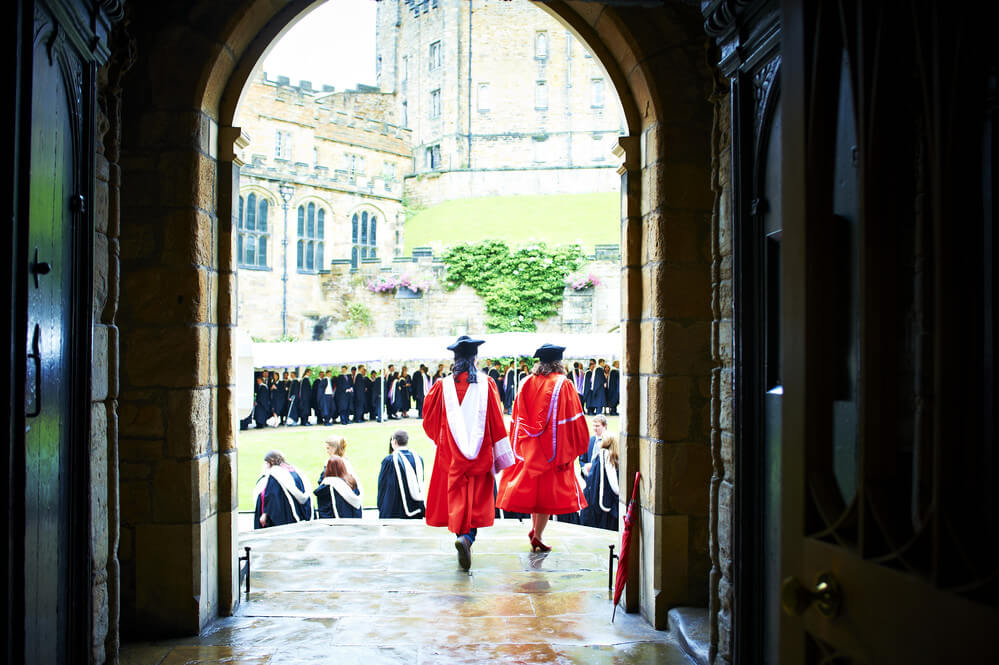
Much of our world has a legal dimension, from new emerging technologies such as artificial intelligence to human rights and environmental issues. In 2020, the legal industry was dominated by issues resulting from the pandemic, global market volatility, and the US elections.
As the world grappled with the impact of the COVID-19 pandemic, technology and profitability took centre stage in the industry. As a way to ensure business continuity, maintain profitability and enable remote productivity, firms were forced to make fast decisions to enable access — anytime, anywhere — to critical systems, and look to accelerating process improvements for better efficiency.
An advanced law degree can equip you with the knowledge to excel in such fast-changing environments. Many focus on specific areas of expertise and offer a choice of specialist pathway or a general Legum Magister (LLM) qualification. Many programmes today are also developed in collaboration with recruiters to enhance employability and prepare students for the demands of practice from day one.
Here are four future-focused law schools preparing students for careers of tomorrow and equipping them to manage the challenges of a changing world:
University of Helsinki
The University of Helsinki is an international academic community that more than 40,000 students and staff call home. With four campuses in Helsinki and 11 faculties, this is where bright minds learn alongside internationally recognised leaders in their fields. Global research impact is achieved hand-in-hand with outstanding graduate career outcomes.

Source: University of Helsinki
The university’s Faculty of Law offers a two-year Master’s Programme in International Business Law and a two-year Master’s Programme in Global Governance Law. With the former, you will learn more about business-related subjects such as contract and consumer law, commercial law (including company law, securities markets law, competition law and intellectual property law) and commercial dispute resolution from an international point of view — it is the ideal qualification to prepare for a thriving career in this field.
The latter focuses on legal globalisation, processes by which different bodies of law become increasingly interconnected and interdependent, thereby crossing traditional borders. As it is research-based and taught using a critical, comparative, empirical or multidisciplinary approach, students will be well-positioned to manoeuvre national, international, European, and transnational laws by the time they graduate.
A unique feature of both programmes is the opportunity to specialise in Russian or Chinese law. Those aiming for a more multidisciplinary degree can also include courses from other faculties or universities. International Business Law graduate Jack Pineda Dale, who now works for Microsoft as CEE MCE Commercial Attorney in the Corporate, External, and Legal Affairs department, says, “The programme was great, with a lot of options as to what to choose. My thesis supervisor was amazing as well. He gave good advice.” To learn more about what it’s like studying law at one of the top 1% of the world’s research universities, click here.
Suffolk University
Located in downtown Boston, MA, Suffolk University Law School is the only school in the country that has had four top-25 ranked legal skills specialties — clinics, dispute resolution, legal writing, and trial advocacy — in US News & World Report for five years in a row (2017-21 editions). The school’s 2021 rankings are: legal writing (5th), clinics (14th), trial advocacy (20th), and dispute resolution (22nd). In overall rankings, Suffolk Law is once again listed in the “Best Schools” category. PreLaw Magazine also ranked it the nation’s best law school of 2021 for legal technology.

Source: Suffolk University
These rankings underscore the distinctive qualities of a Suffolk Law education: practical, hands-on and innovative. For more than 100 years, Suffolk Law has produced over 23,000 graduates who have gone on to achieve professional success in firms and organizations of all sizes and the judiciary, where more than a quarter of the judges in Massachusetts are graduates of Suffolk Law.
From Wall Street to Main Street, from state supreme court judges to prominent trial lawyers, from NFL agents to successful advocates for change, Suffolk Law graduates are a testament to the impact and versatility of a Suffolk Law degree.
Long recognized as a leader in developing innovative certificates and graduate degrees, Suffolk Law offers programs, such as the LL.M. in Global Law in Technology, which allows students to specialize in up-and-coming areas such as International Law and Business; Intellectual Property and Information Technology Law; or Biotechnology and Health Law and its Certificate in Legal Innovation and Technology. Its newest degree offering is a Master of Science in Law: Life Sciences. This interdisciplinary, STEM-designated, degree combines law, science, and business, allowing graduates to enter into the booming life sciences industry.
Whether your interests lie in criminal law, immigration law, environmental law, international human rights, or other critical legal areas, Suffolk Law is where you will transform from a student to a successful lawyer. To learn more about the law school described as “an innovative force,” by PreLaw Magazine, click here.
University of Miami
Located in sunny Miami, the University of Miami (UM), is a private research university with more than 16,000 students from around the world. The university’s vibrant and active community comprises expert and award-winning teaching staff, a strong alumni network, dedicated mentors, visiting scholars from across the globe, leading research centres and institutions, as well as partner international organisations. UM’s 11 schools and colleges serve undergraduate and graduate students in more than 180 majors and programmes.

Source: University of Miami
The School of Law is home to exceptional legal educators, world-renowned researchers and esteemed professional practitioners, making them one of the top law schools in the world. It is accredited by the American Bar Association and is a member of the Association of American Law Schools. Here, students can choose from a wide variety of LLM courses such as US and Transnational Law for Foreign-Trained Lawyers; Entertainment; Arts and Sports Law; International Arbitration; International Law; Maritime Law; Real Estate/Property Development; Tax Law; Taxation of Cross-Border Investment and more.
Miami Law is set to be the first law school in the country to offer a full course int he emerging area of Sneaker Law. Offered through the school’s LLM in Entertainment, Arts, and Sports Law, the course will cover areas of intellectual property law, sports law, and labor law, the course will cover an overview of the US$90 billion sneaker industry. Kenneth Anand and Jared Goldstein, authors of the seminal book “Sneaker Law: All You Need to Know About the Sneaker Business,” will serve as expert adjunct faculty.
Durham University
For over 180 years, Durham University has led the way in legal education and research. Today, they continue to provide students with innovative, challenging, and research-driven education. The university is a truly global, civic and diverse community — reflected through the impact its staff and students make via their research, teaching and enterprise.

Source: Durham University
Programmes at Durham Law School are designed to meet changing industry needs, meaning students gain forward-thinking perspectives, allowing them to respond to new trends and challenges within the profession. Award-winning staff produce groundbreaking research with impact — the law school is in the QS World Rankings top 50 law schools and its research was ranked third best in the UK’s last national Research Excellence Framework in 2014.
Research specialities are at the heart of Durham Law School’s offerings: Bachelor of Law (LLB) and Master of Law (LLM) programmes, which are offered alongside programmes in various specialisations including: LLM Corporate Law; LLM International Law and Governance; General LLM; LLM International Trade and Commercial Law; LLM European Trade and Commercial Law
*Some of the institutions featured in this article are commercial partners of Study International









